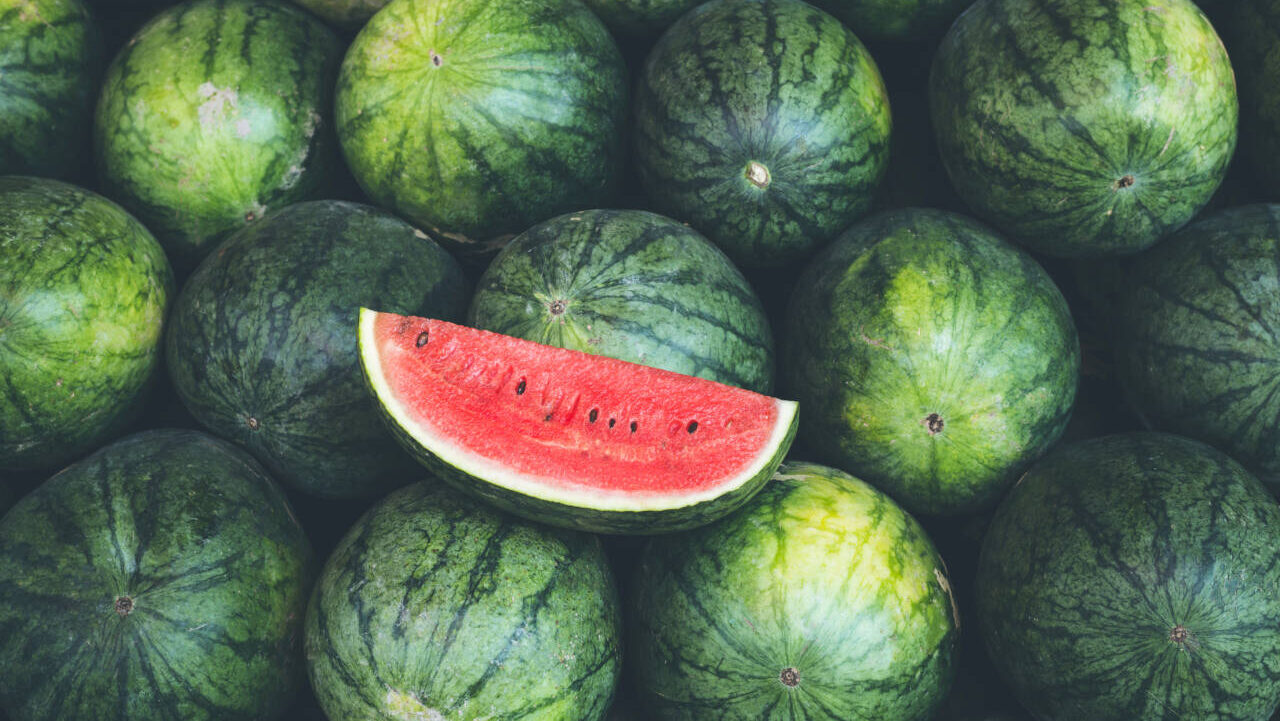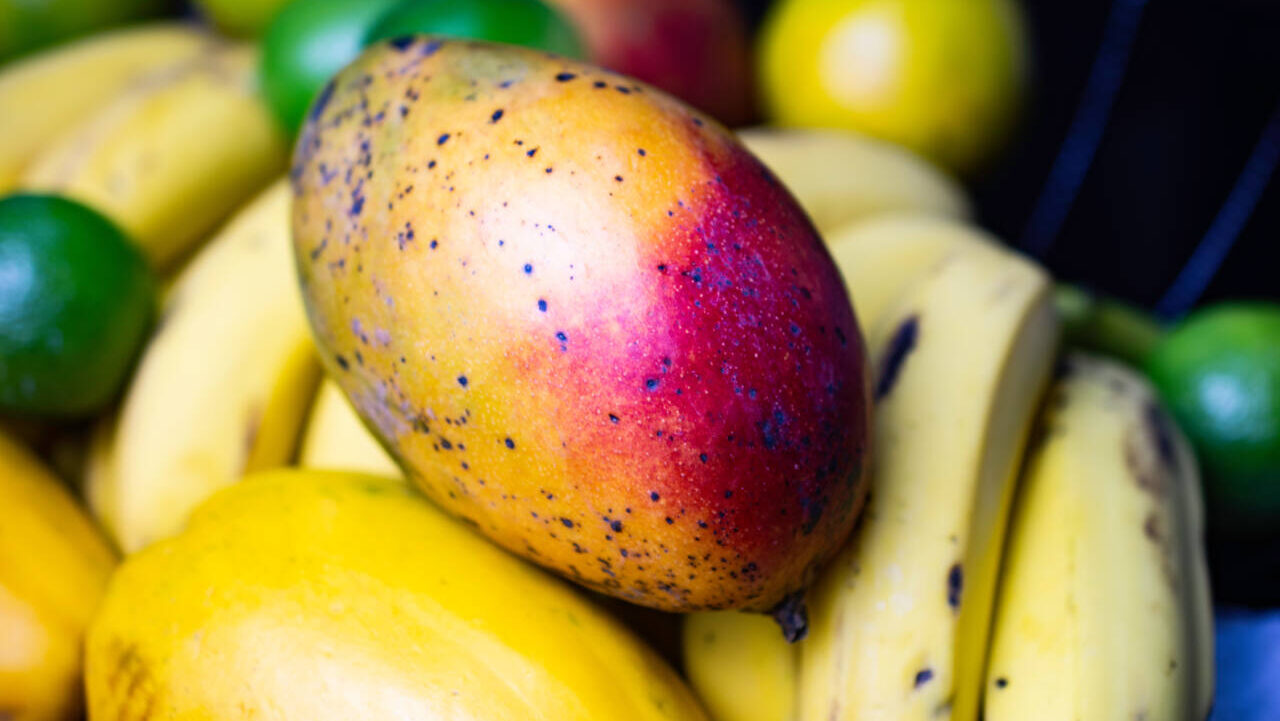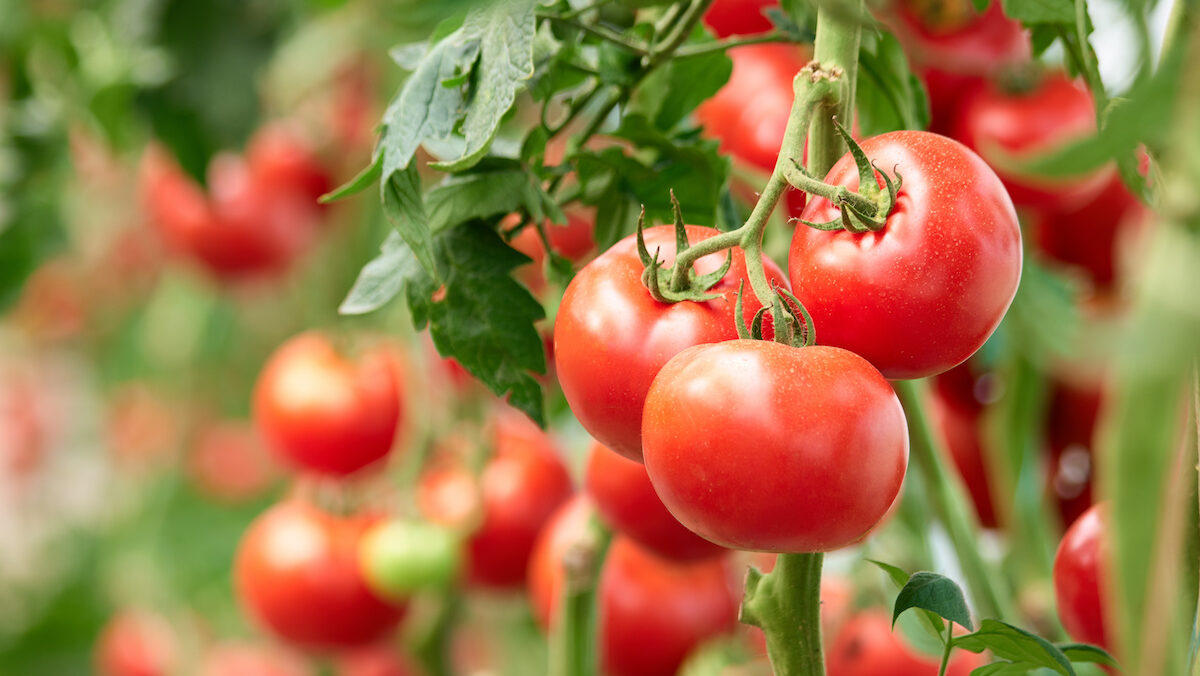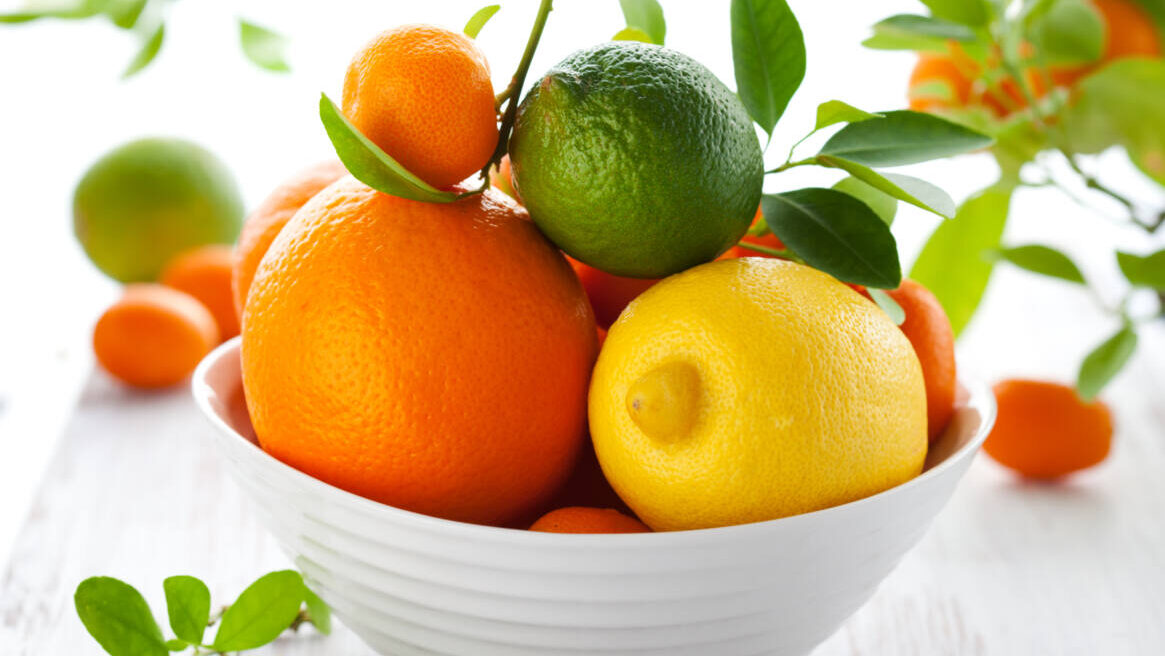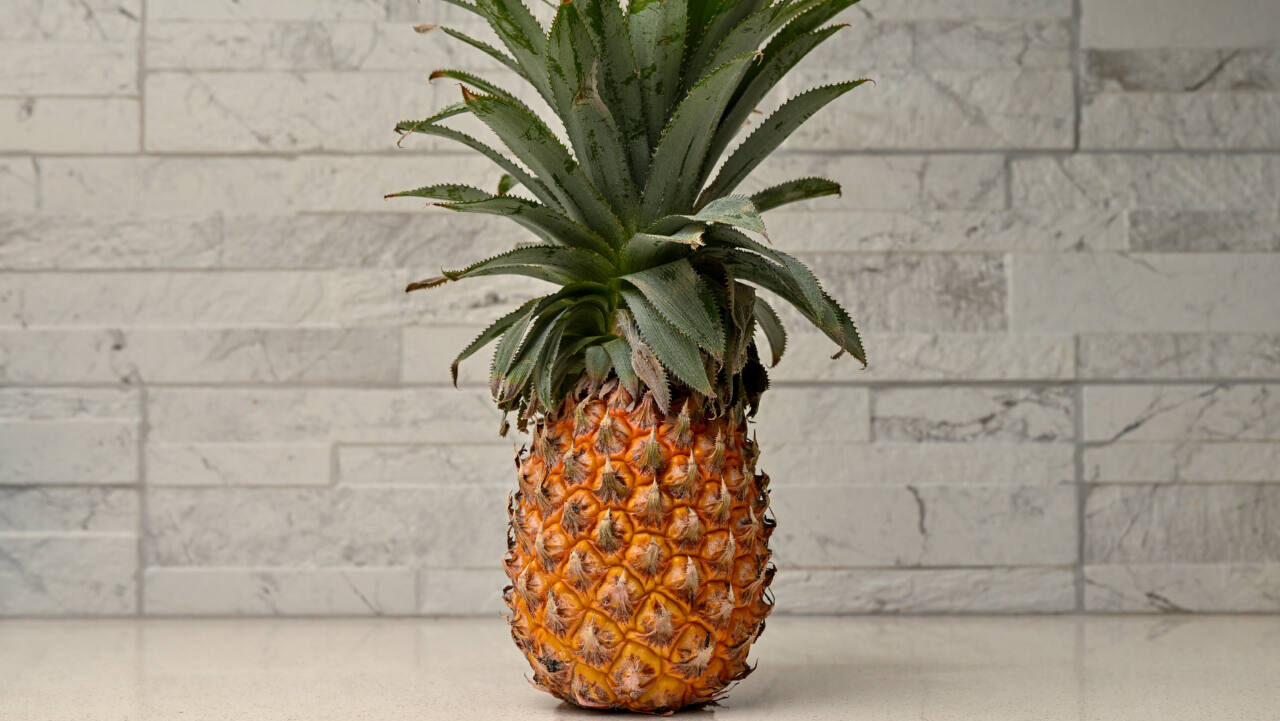5 fruits you shouldn’t refrigerate
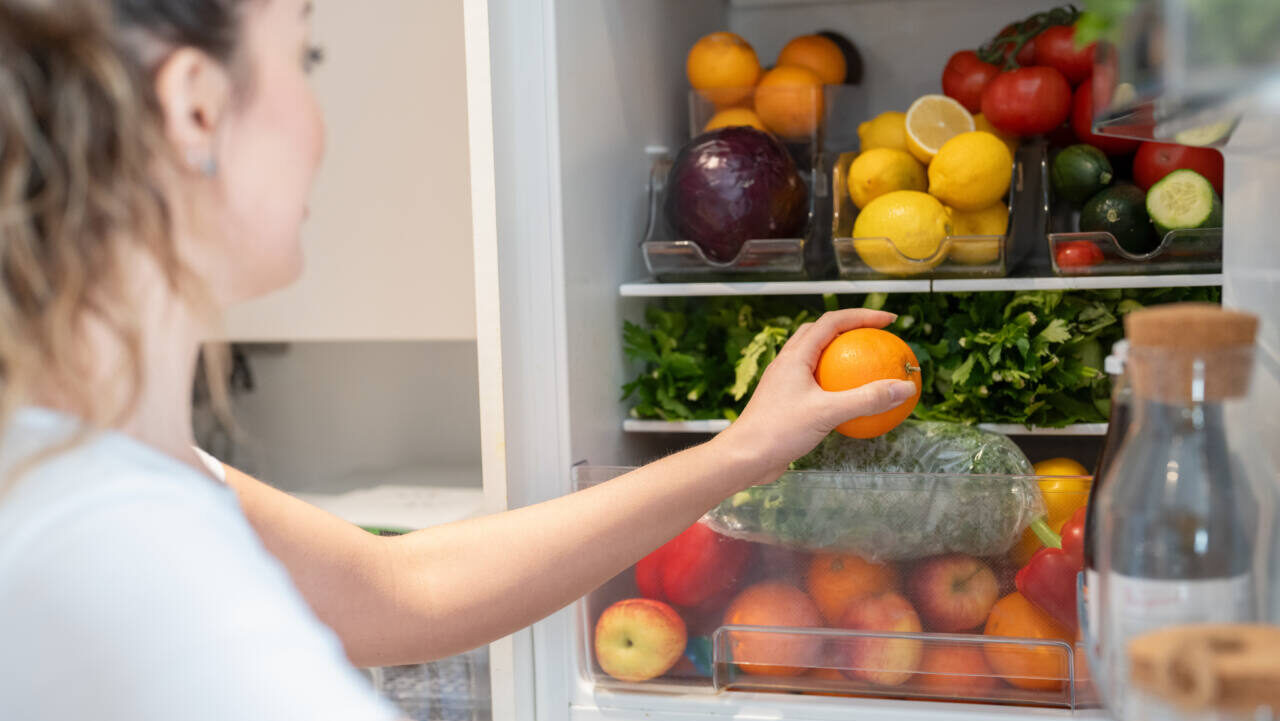
We’ve all brought home bulging bags of produce with the best of intentions, only to watch as nature’s bounty rapidly decays before our very eyes. This could be because we waited too long to eat the produce, but it could also come down to mistakes we made when storing it. Just like people, fruits and veggies will only thrive under certain conditions.
Some produce will last longer if it can chill out in the fridge. Certain fruits, such as grapes, berries and apricots, should always be stored in the refrigerator, according to Christi Evans, Oklahoma State University Extension food safety specialist and registered dietitian. In addition, “any fruit or vegetable that has been peeled or cut needs to be refrigerated,” Evans said.
MORE: Does butter need to be refrigerated?
But many other fruits and veggies need to spend some time on the counter before they’re ready to eat. Apples, avocados, peaches and pears are examples of produce that should be left out of the fridge until they’ve ripened.
“Once ripe, they can be stored in the refrigerator to prolong their life,” Evans says.
Still others should never see the inside of a refrigerator (unless they’ve been cut up), as the cold temperatures can affect their flavor, and the proximity to ethylene gas emitted by other fruits in the fridge could speed up the deterioration process.
To make sure your fresh fruits ripen well and last as long as possible, you should avoid refrigerating these fruits.
1. Melons
Cantaloupe is on Evans’ list of fruits to definitely keep out of the refrigerator. Watermelon will deteriorate faster in the fridge and will lose its vibrant flavor and texture. Again, though, any fruit that has already been sliced up should be stored in the fridge. This is why you see those containers of cut watermelon chilling in the refrigerated cases at the grocery store, and why you’ve likely seen aesthetic fruit storage containers going viral on TikTok.
MORE: This cold food storage guide shows how long you can freeze common foods
2. Bananas, Mangos and Papayas
As with many types of produce that originally come from tropical and subtropical areas of the world, these fruits are sensitive to the cold and should be left to ripen at room temperature, which allows them to develop their flavor and texture. Bananas, for example, can develop black skin when stored in the refrigerator and they won’t reach their full sweetness. When storing them on the counter, keep that sensitive skin from bruising with a banana hanger.
MORE: How to keep bananas fresh so they don’t turn brown
3. Tomatoes
Have you ever noticed that tomatoes are never refrigerated in the produce section of the grocery store? That’s because tomatoes should not be refrigerated! Storing tomatoes in the fridge can alter their taste, diminish their color, and make them dry and mealy. Keeping your tomatoes in a cool, dry place will allow them to ripen and preserve their vibrance.
MORE: How to freeze tomatoes so they last for months
4. Citrus Fruits
Fruits such as lemons, oranges, grapefruits and limes don’t have to be stored in the fridge, so you’re safe to leave them out if you plan to eat them within a reasonable amount of time.
Fun fact: “Unlike many fruits including apples, peaches, pears and tropical fruits, most citrus fruits do not continue to ripen after they’re picked,” Evans explains.
If you’ve ever wondered why people decorate kitchen islands with fruit bowls full of lemons, the fact that they’re long-lasting and don’t keep ripening might be why!
5. Pineapples
Pineapples should enjoy a life of freedom on the kitchen counter rather than living in the refrigerator. Again due to their tropical origins, pineapples do not thrive in the cold. At room temperature, they will ripen and give off that sweet pineapple aroma when they’re ready to be devoured.


